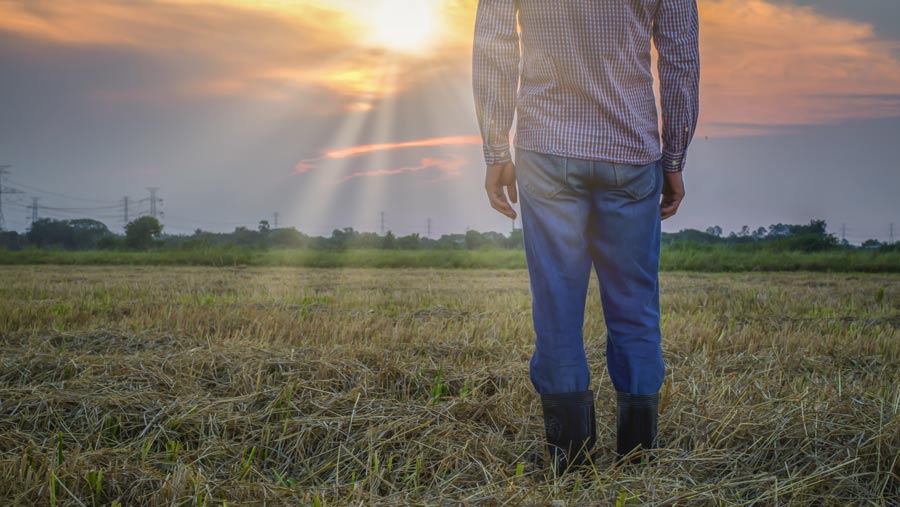Appeal to improve support for farmer mental health
 © Chalermchonchan/Adobe Stock
© Chalermchonchan/Adobe Stock Better mental health support could be on the way for farmers following a study by researchers investigating the effects of the coronavirus pandemic.
Initial results show the pandemic had a mixed effect on farmers and farming families – although many people said it had a negative impact.
See also: Covid crisis worsens farmers’ mental health
Many farming families struggled during the pandemic with agricultural shows cancelled, village pubs closed and problems across the supply chain.
This came on top of existing challenges to mental health, including rural crime, ongoing uncertainty over farm policy and criticism from vegan activists.
Essential workers
On the other hand, farmers were recognised as essential workers during the pandemic – which helped create a greater sense of unity among the farming community.
Following the initial findings, the University of Reading is researching how support to farmers and their families can be improved.
“We’re particularly interested in how the pandemic has affected organisations and individuals that support farming mental health.”
This includes rural charities, auction marts, volunteer groups and farm chaplains – as well as NHS services and staff.
The goal is to improve support for farming families to help with future shocks – whether another health pandemic or an animal disease outbreak.
Addressing concerns
To help, researchers are asking farming families to complete a questionnaire.
A separate questionnaire is available for organisations that help farmers.
Reading University researcher David Rose said: “There are still long-lasting mental health concerns from the foot-and-mouth crisis that happened 20 years ago.”
But Dr Rose said many farming charities struggled with fundraising and staffing during lockdown because of shielding and social distancing.
Support providers were also unable to provide face-to-face support.
“These organisations had to adapt the way they provided support. Many did, but they still face challenges.”
